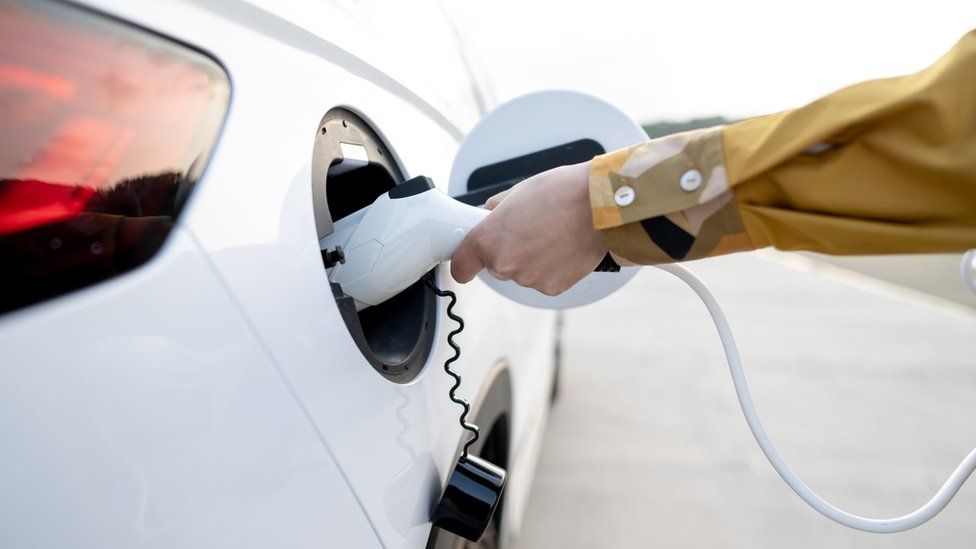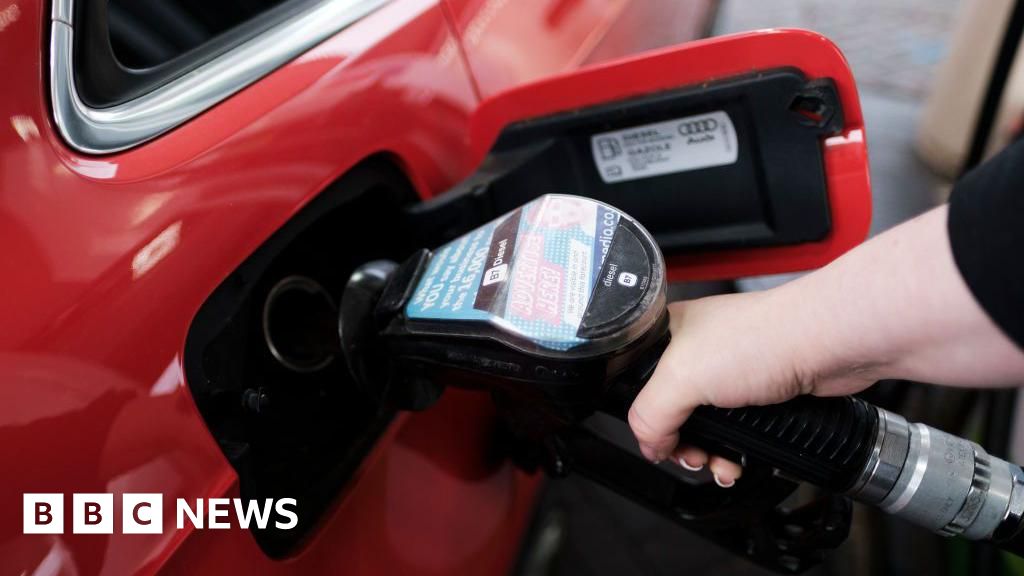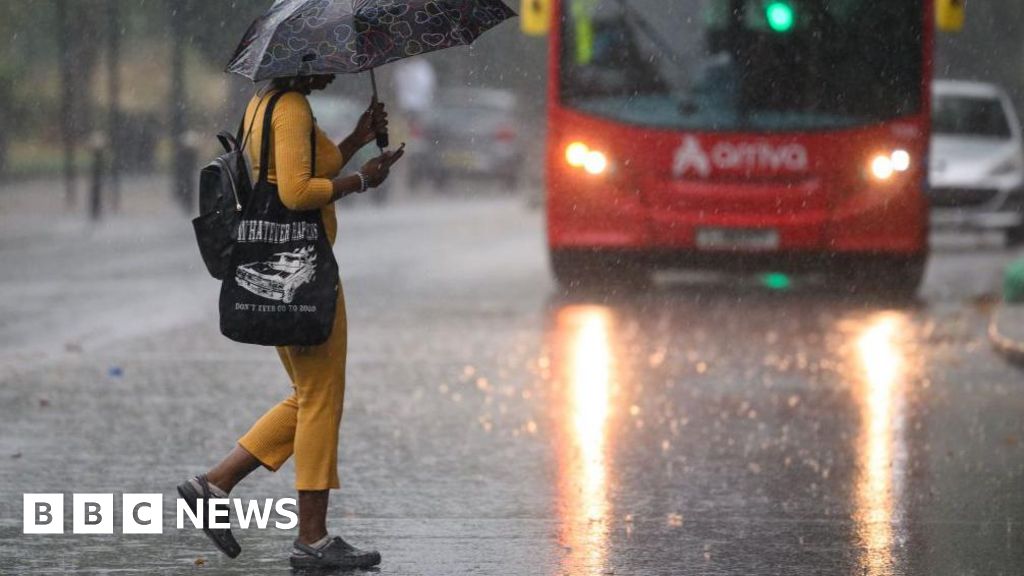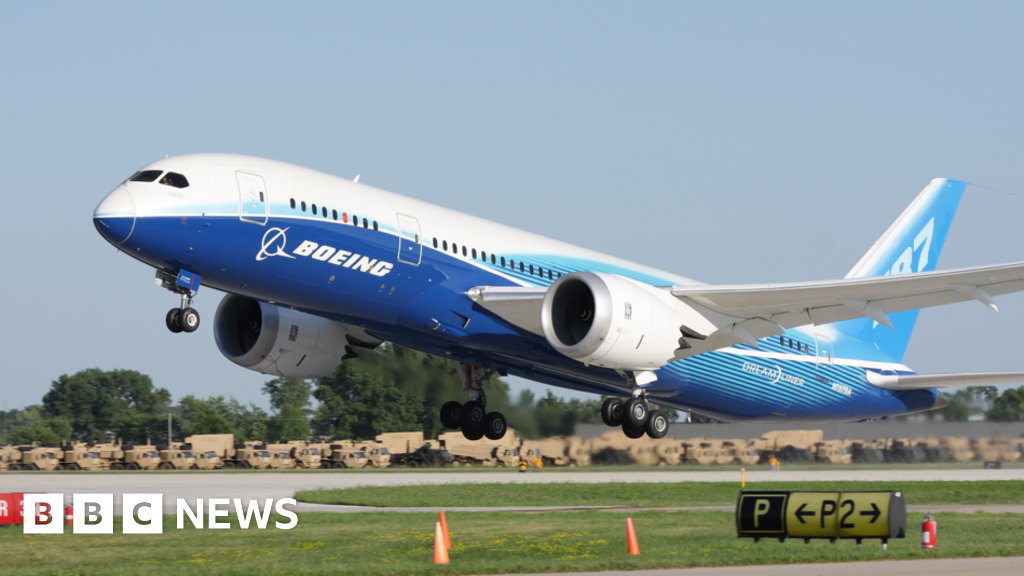ARTICLE AD BOX
 Image source, Getty Images
Image source, Getty Images
By Theo Leggett
Business correspondent, BBC News
Sales of new electric cars to private buyers fell sharply in September compared with the same period a year ago, latest figures show.
The Society of Motor Manufacturers and Traders said sales to private buyers fell by 14%, but overall registrations of electric cars rose almost 19%.
The growth was entirely driven by company fleet buyers.
September showed that the car market as a whole showed strong growth, but sales are still below pre-pandemic levels.
Overall, new car registrations grew by 21% in September compared to the same period in 2022.
September is a good opportunity to gauge the health of the sector, as the issuing of new number plates significantly boosts sales.
It was the 14th consecutive month of growth. The industry has been recovering from the impact of the Covid pandemic, as well as the subsequent shortage of parts - particularly semiconductors - which affected production and the availability of some models.
As with electric cars, the growth in the car market has been driven by company fleets renewing their stock, with registrations up 40%.
Sales to private buyers grew 5%, but the market as a whole remains significantly smaller than it was before the Covid crisis.
For company car drivers, electric cars attract a much lower tax bill than petrol or diesel models, and this has boosted their popularity.
But there are fewer benefits for private buyers.
The Plug-in Car Grant, which provided discounts on the purchase price of EV's and plug-in hybrids was withdrawn last year, while an exemption from vehicle excise duty for electric cars is due to end in 2025.
For manufacturers, this is a serious concern.
The government is pushing ahead with its zero-emissions vehicle mandate, despite its decision to defer a complete ban on the sale of new petrol and diesel cars from 2030, to 2035.
Under the mandate, manufacturers will be obliged to ensure that by 2030, eight out of 10 cars sold will have to be battery or hydrogen powered. That will mean a significant increase in sales to private buyers.
"With tougher EV targets for manufacturers coming into force next year, we need to accelerate the transition, encouraging all motorists to make the switch" said the SMMT's chief executive, Mike Hawes.
"This means adding carrots to the stick - creating private purchase incentives aligned with business benefits", he said.

 1 year ago
31
1 year ago
31








 English (US) ·
English (US) ·